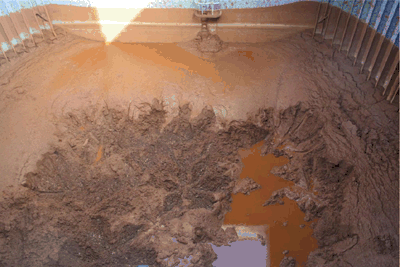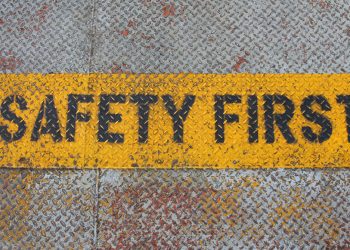Five days after the Indonesian-flagged bulk carrier ‘Nur Allya’ disappeared off eastern Indonesia along with its 25 crew, Intercargo, the International Association of Dry Cargo Shipowners, urged all shipowners, operators and seafarers to exercise extreme caution when accepting for carriage nickel ore and other cargoes that have the potential to liquefy.
Intercargo’s thoughts and prayers are with the families and loved ones of the 25 seafarers, crew of the Indonesian Flagged 52,400 dwt bulk carrier “Nur Allya” (built 2002) reported missing since 20 August in Indonesian waters loaded with Nickel Ore. INTERCARGO is in communication with various stakeholders to gather further information on the possible casualty.
The MV Nur Allya was carrying nickel ore from Sagea (Gebe island) to Southeast Sulawesi province, when it sent a distress signal while off northern Buru Island of Maluku province, indicating that something endangered the ship.
Although there are no specific indications was to what happened, fears have been expressed for cargo liquefaction. Nickel ore is considered a dangerous cargo due to its propensity to liquefy.
We would like to stress the importance of adhering to the provisions in the International Maritime Solid Bulk Cargoes Code (IMSBC Code) to ensure the safety of lives at sea and the safe transportation of dry bulk cargoes,
…the association said, noting however that the cause of the potential casualty is not known yet.
Moisture related cargo shifting and incidents on voyage, widely known as liquefaction, continue to be a major concern for dry bulk shipping, as our Association has highlighted in earlier notes this year. It is indeed frustrating to see a lack of consolidated efforts and commitment from all stakeholders including Shippers, Receivers and Port State authorities at load and discharge ports to eliminate the problem and safeguard the lives of innocent seafarers, despite a heightened awareness of the problem by the industry through various publications produced by the P&I Clubs and Industry associations.
Intercargo has been continuously ringing the bells for cargo liquefaction as a major threat to the life of seafarers.































































